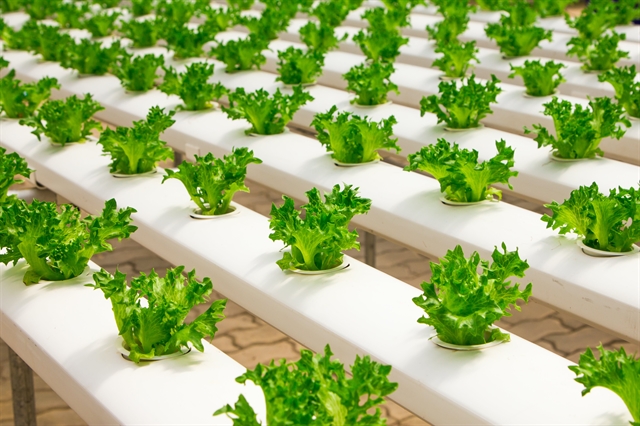 Economy
Economy

 |
| Greening agriculture is not a burden but an opportunity. — Photo courtesy of Pexels |
HCM CITY — Adopting high sustainability standards puts pressure on the agricultural sector but also creates opportunities to gain a competitive edge, experts have said.
While Việt Nam has admittedly gained momentum in agricultural exports in recent years, which rose to a record US$53.22 billion in 2022, many of its food processing companies have reportedly lost out to competitors due to their slow implementation of sustainability commitments.
According to the import-export department, the EU is the world's largest fruit and vegetable importer, but Việt Nam only has a market share of 0.18 per cent, partly due to its failure to comply with the bloc’s stringent norms.
Minister of Agriculture and Rural Development Lê Minh Hoan has highlighted the need for the country to transition to a green food system with low emissions in various forums and said greening agriculture is not a burden but an opportunity.
At a recent logistics and supply chain management forum held at RMIT University Vietnam, experts discussed how to start the greening process and shared findings from projects facilitating Vietnamese manufacturers and food producers in handling compliance with environmental regulations.
Nguyễn Thi Thanh An, country manager of the Australian Centre for International Agricultural Research in Việt Nam, spoke about the experiences acquired while helping vegetable farmers in Mộc Châu get Vietnamese Good Agricultural Practices (VietGAP) certification.
The project provided technical and business training for farmers, enabling them to meet the high food quality standards expected by high-end retailers, resulting in a five-fold increase in incomes.
“The vision sharing among champion farmers, local authorities, private businesses, research institutions, and development partners have significantly benefited all stakeholders, especially smallholder farmers.”
Nguyễn Việt Dũng, country chief executive of Bureau Veritas Vietnam, a leading player in testing, inspection and certification, said the certification process would provide opportunities for learning from the best practices of supply chain partners and adapting to higher international standards.
This could help enhance and promote Vietnamese agricultural brands, he said.
He emphasised the role of supply chain leaders in motivating farmers and food processing companies in adapting to global certification, citing the success of the carbon neutral project implemented in Vinamilk's dairy farms. The company’s farm in Nghệ An is the first of its kind to receive a PAS 2060 carbon neutral certification.
A recent study published in the Journal of Supply Chain Management and Business Strategy and the Environment by RMIT University researchers found that exporting led to a proactive approach to handling customers’ green pressures and improving sustainable measures.
The findings highlight a practical approach for local firms to be exposed to more challenging markets and learn new standards, processes and schemes.
The research by Dr Nguyễn Mạnh Hùng, Professor Robert McClelland, Professor Mathews Nkhoma, Associate Professor Phạm Công Hiệp, and their partners in Ireland and the UK surveyed 437 manufacturers in seven countries, including Việt Nam.
Hùng, senior programme manager for logistics and supply chain management at RMIT Vietnam said: “When all companies strive to compete on costs, quality and delivery, being green can help a company win sales orders and achieve a competitive advantage in the marketplace.
“Meeting environmental regulations and satisfying higher sustainable requirements are essential in business strategy development and an appropriate thing to do since they are often not a choice but are imposed by the realities of a circular economy.” — VNS




